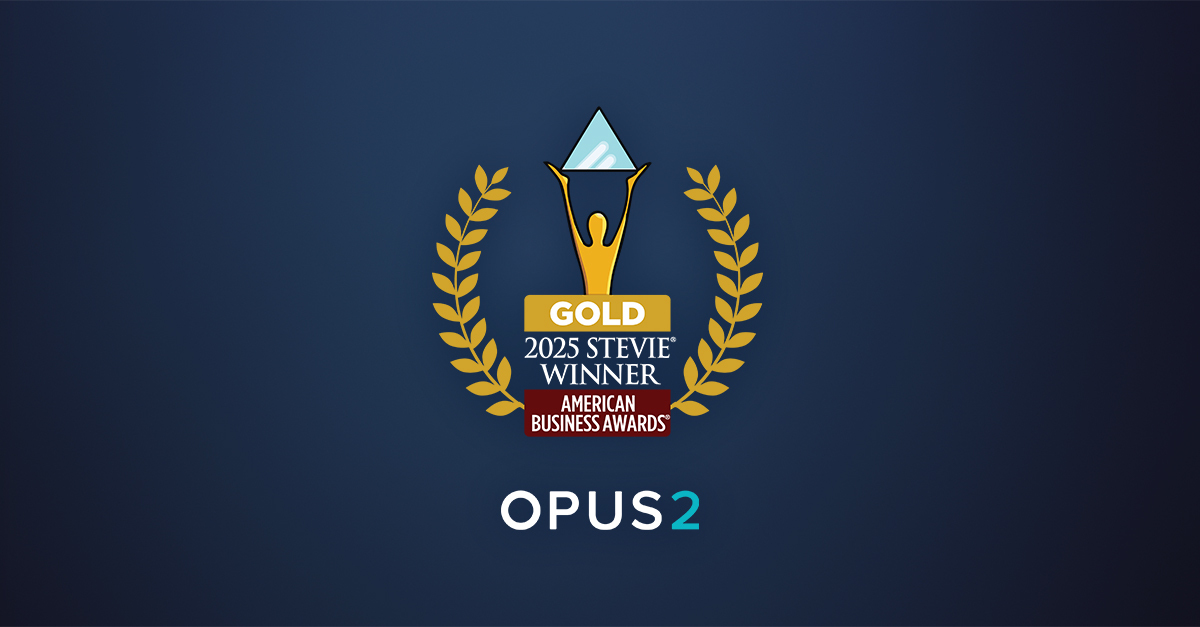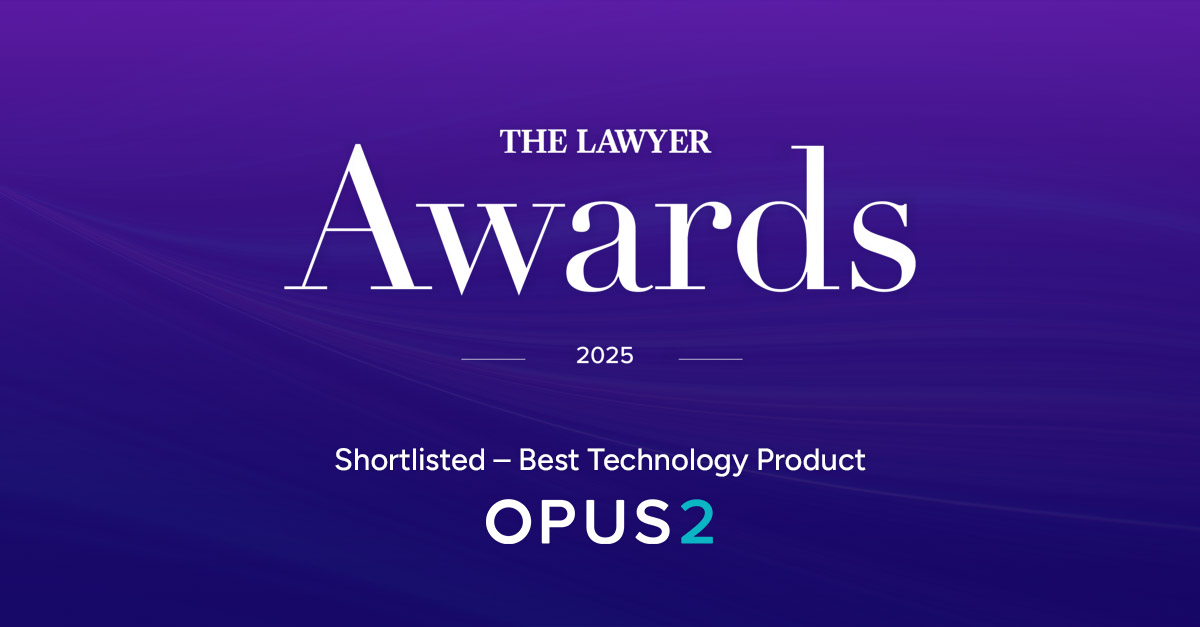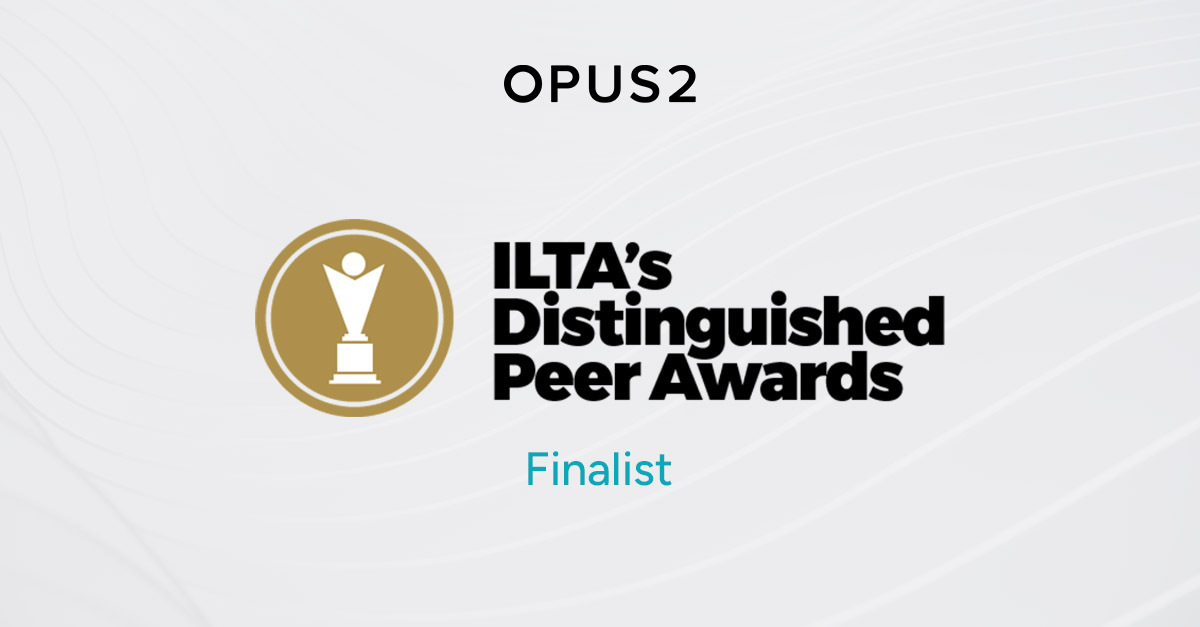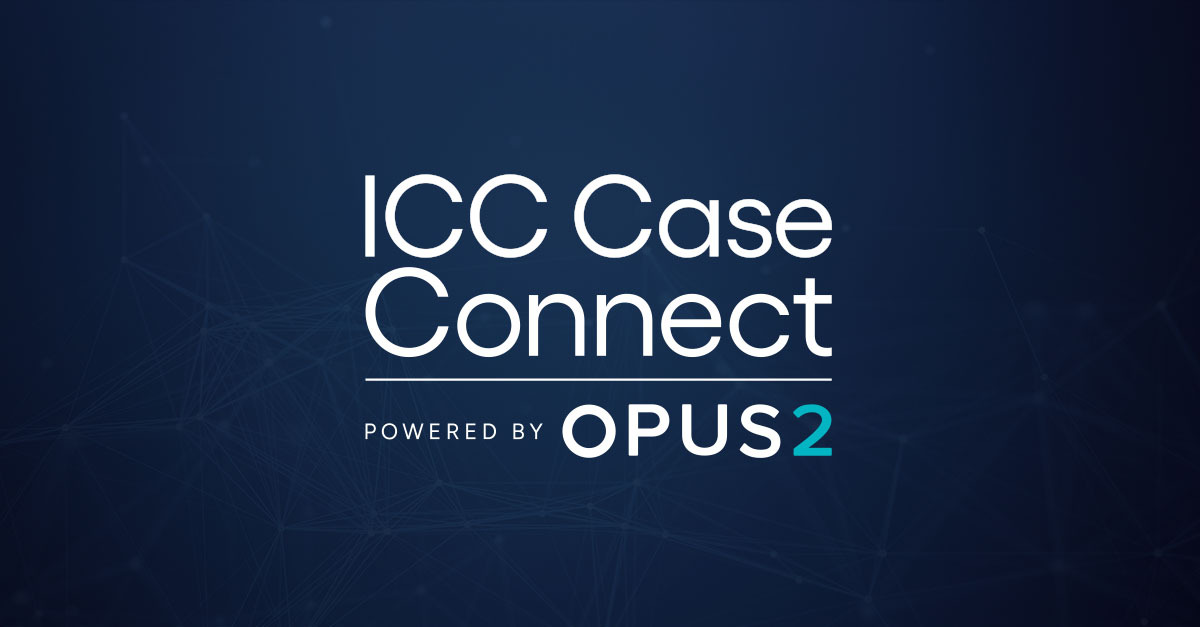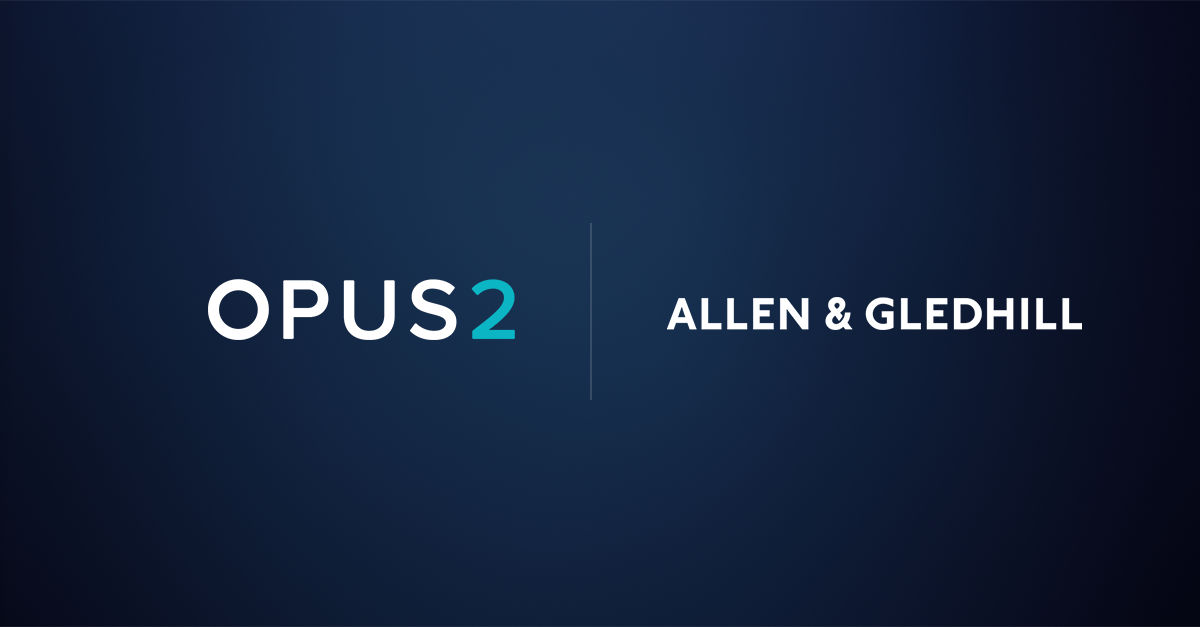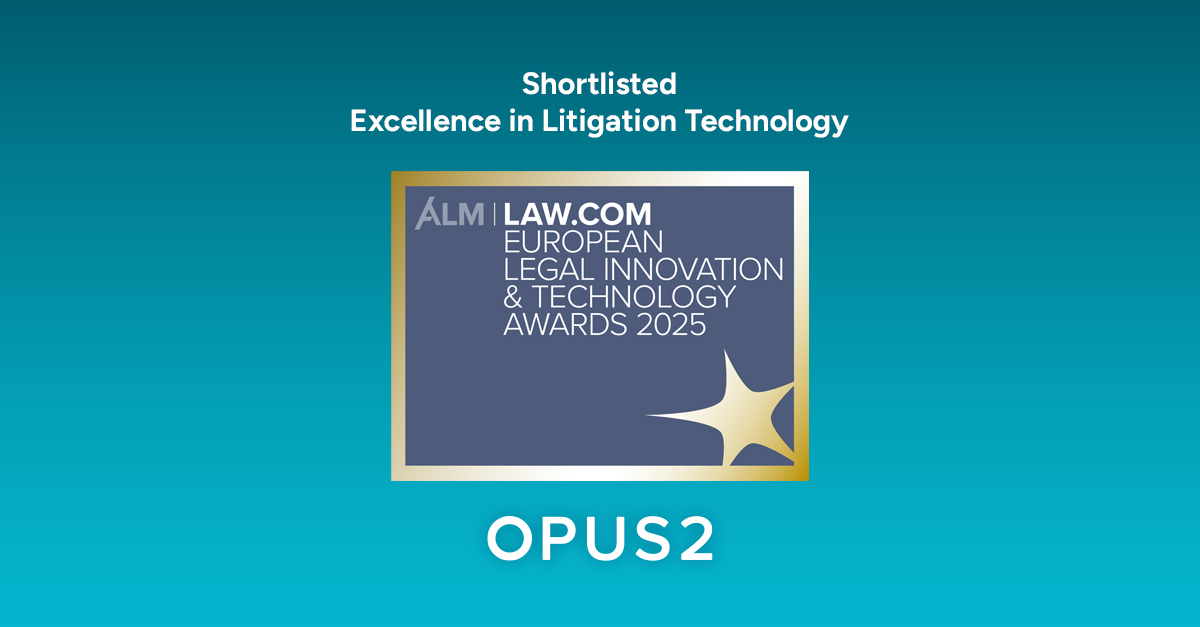The Alternative Dispute Resolution All-Party Parliamentary Group (ADR APPG) met recently to discuss the ongoing consultation on the review of the English Arbitration Act 1996 (EAA).I had the pleasure of attending this meeting invited by the Chartered Institute of Arbitrators (CIArb), both as an Opus 2 representative and a member of CIArb and the CIArb’s Technology and ADR Specialist Group.
The meeting aimed to discuss the ongoing consultation on the review of the English Arbitration Act 1996 (EAA). The Law Commission of England and Wales will be conducting a review of the Arbitration Act 1996 and has now published a consultation paper and is requesting responses to the consultation by Thursday 15 December 2022.
The Chair of the ADR APPG, John Howell MP, opened the discussions with presentations from Prof Sarah Green, Commissioner for Commercial and Common Law and Lord Mance.
The insightful presentations developed into a lively debate between Lord Mance, Toby Landau KC and Sir Bernard Eder. The arguments centred particularly on Sections 67 and 69 of the EAA, if they need changing and to what extent.
Other topics, such as disclosure, summary disposal and confidentiality, were also addressed, but there was little disagreement.
Jonathan Wood then moderated a debate with other group participants, and the discussion widened to other topics.
A question was raised on whether the current draft of the EAA is compatible with the use of “modern technology” and if it should include express provisions related to the use of technology in arbitral proceedings.
Opus 2 will respond to the consultation in full, after consideration from practitioners and attendance on debates on the review of the EAA and ensure our position remains consistent with our vision to empower people to connect, collaborate and create value.
The use of technology in arbitration must enable data and processes to fit around the people dealing with cases in law firms, barristers’ chambers, arbitral institutions, and tribunals. This way, all arbitral stakeholders can focus on what matters most – delivering value to parties, the end users of the arbitral system.
Read the review of the Arbitration Act :
Carlos Carvalho is a Senior Business Development Consultant at Opus 2 and a teaching fellow at the School of International Arbitration, Queen Mary University of London. Carlos is a qualified lawyer in three jurisdictions, including England and Wales, where he has practised extensively in International Arbitration.


